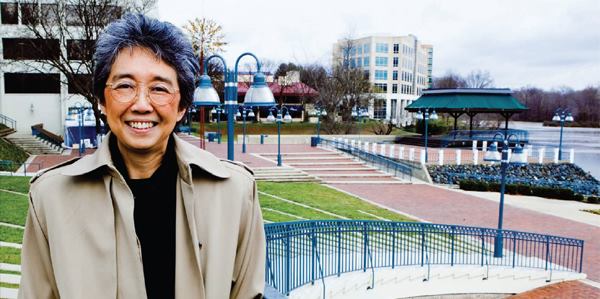Still, without capital or development expertise, Koo offered little incentive on the surface to persuade a nationally renowned developer to partner up with her. But she made a mark on Rouse with her passion, observers say.
“She was nothing short of exceptional,” says Bart Harvey, Koo’s predecessor as CEO of Enterprise and deputy chairman under Rouse at the time of Koo’s first visit. “She didn’t know housing well at that point, but she knew what she wanted to get done. So, we taught her housing.”
Enterprise helped Koo put together the first LIHTC deal in New York. But even with that assistance, a fire almost destroyed her dreams of building 59 units of affordable housing at a tenement building in Chinatown. “The city said we had to demolish the building, but she wouldn’t give up,” says Chris Kui, Koo’s associate director at AAFE and the current CEO. “She went to the city, the HPD [Office of Housing Preservation and Development], the different commissioners, and really begged them, saying, ‘You can’t tear this thing down.’”
They didn’t. AAFE finished the project, called Equality Houses, launching the organization’s foray into development and enhancing Koo’s skills at negotiating tough real estate deals. Eventually, AAFE became the largest nonprofit affordable developer in Manhattan’s Lower East Side, producing around 250 units (mainly through rehab) of affordable housing between 1987 and 1992.
Go West
Family matters called Koo to Seattle in 1992. Koo, who had arrived in the United States at 18 to attend the University of Wisconsin, Madison, for a sociology degree (she later earned a master’s degree in social service administration from the University of Chicago), wanted her children to know their grandparents, who had immigrated to Vancouver. “When she had to move to Seattle, everybody really missed her,” Kui says. “She left a legacy.”
